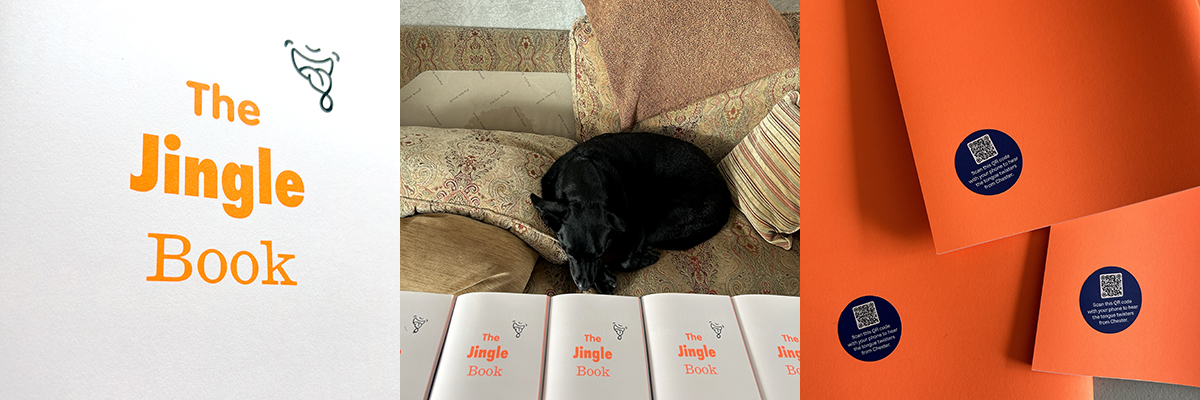
 |
Click covers below for PDF of final The Jingle Book design. |
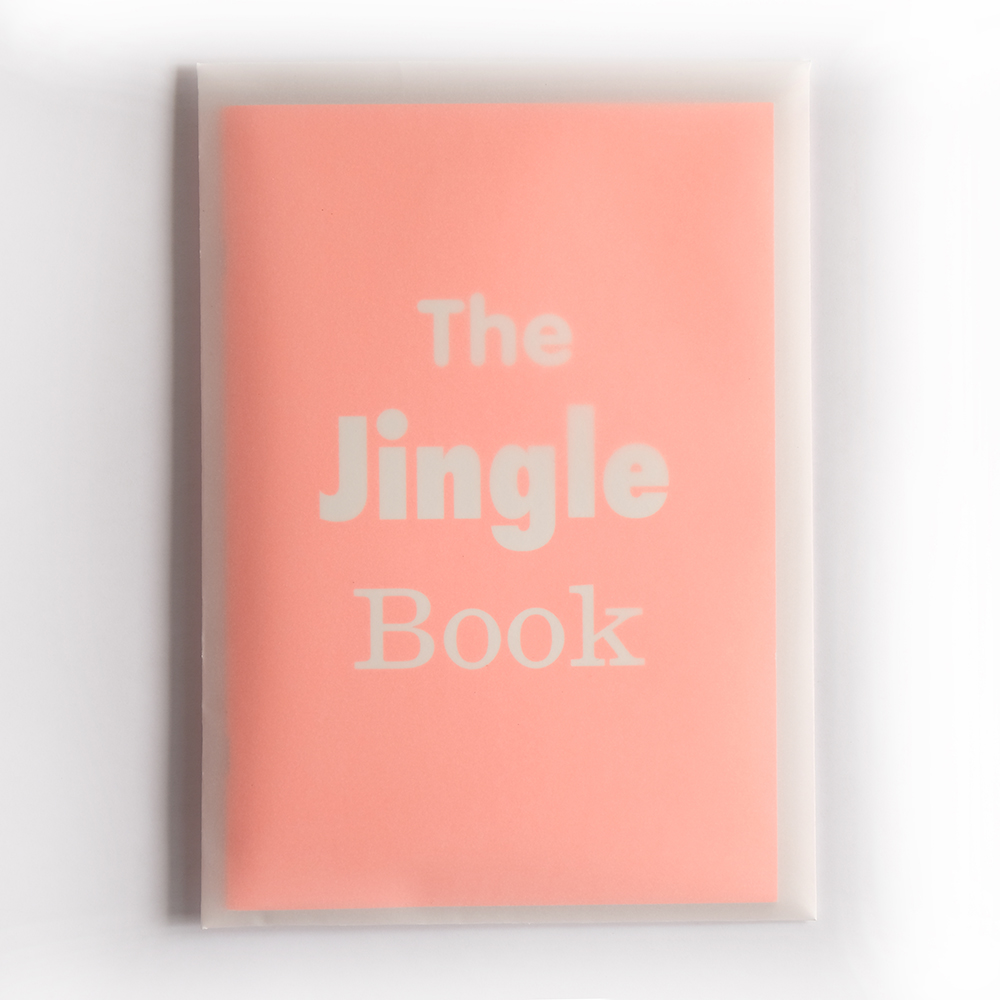 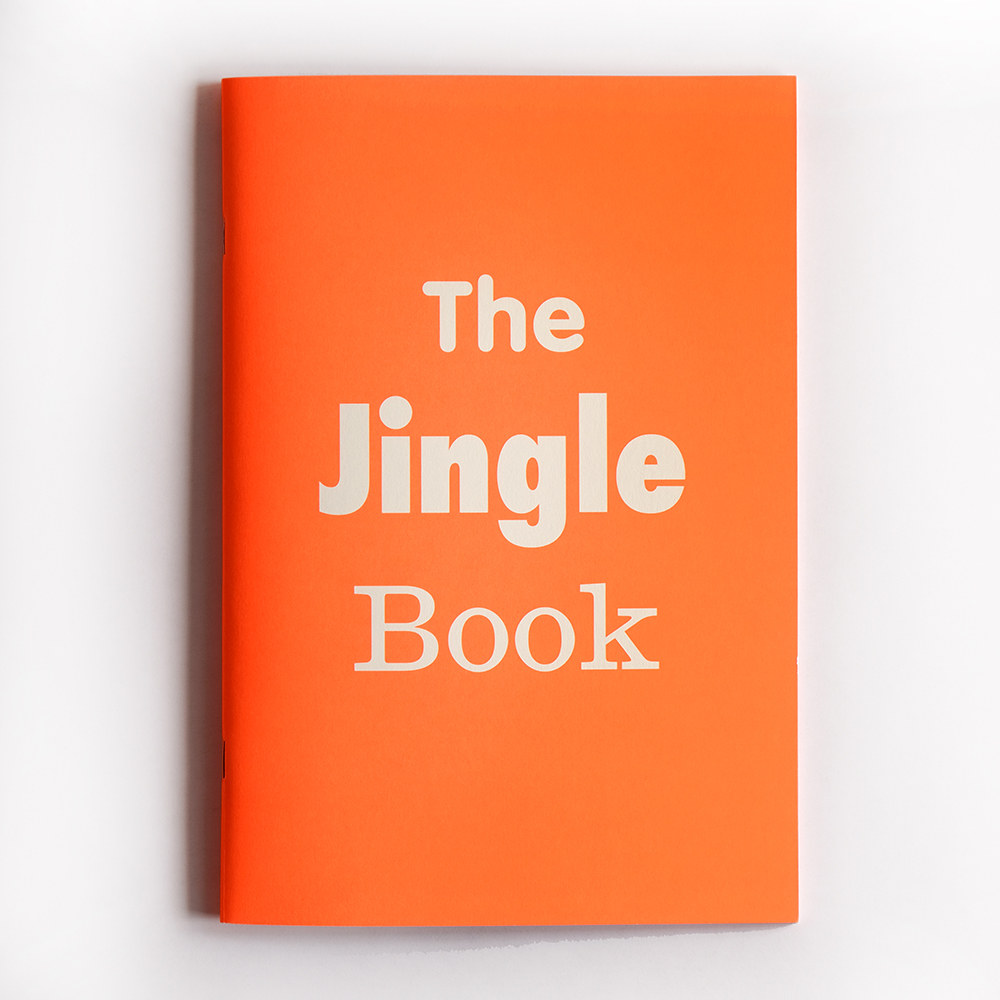 |
|
Reflections on the use of tongue twisters within dementia care settings (2019-2024) |
|
|
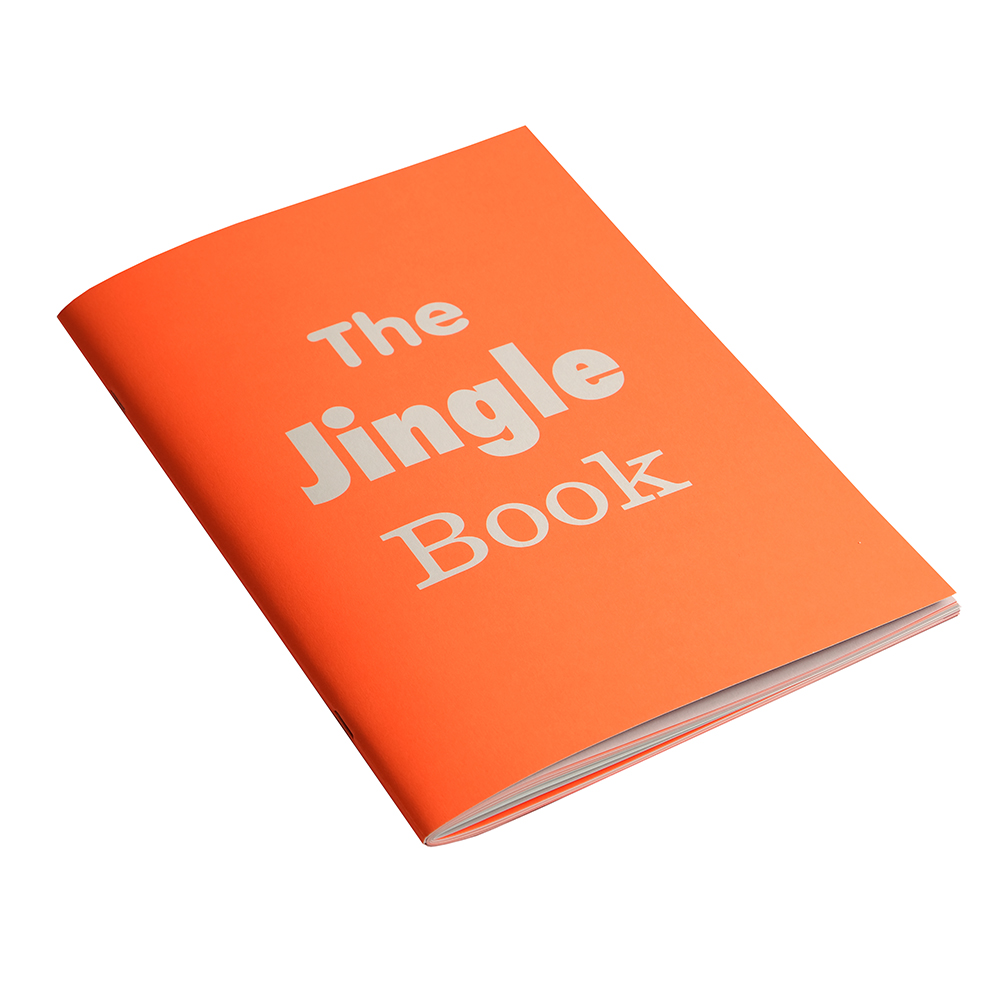 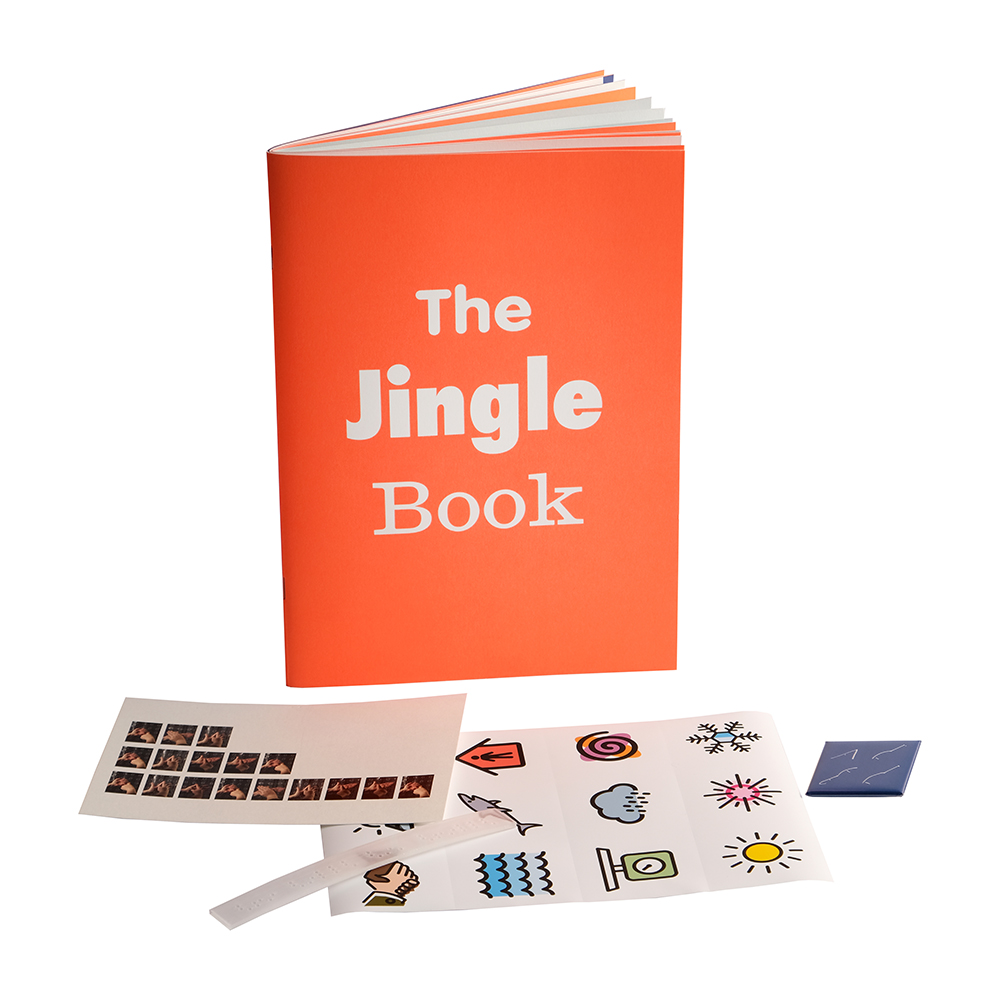 |
|
Concluding our Where the Arts Belongs project, a collaboration between Bluecoat and Belong that put artists into dementia care settings, this new publication is part toolbook and part personal reflection on those moments when language breaks down. In this sense, it continues the edited HARD TO READ issue of the Journal of Writing in Creative Practice (2017) and the Conversations LP (2022).
I was one of artists involved in Where the Arts Belong, invited to undertake residencies within Belong villages – extended to online sessions during Covid – and from the beginning I focussed on the use of sound. All of my experiences, twists and turns and findings from the project are captured in The Jingle Book, designed to be uplifting and fun but also recognising the very personal devastation that dementia can bring. During Covid, the sessions began to revolve around orchestras using everyday objects to create fantastic soundtracks and for lyrics I suggested using familiar tongue twisters. These became a revelation – Mary in Crewe for example (below) was able to reel them off without hesitation as staff donned swimwear over their uniforms to create a beach soundscape using She sells sea shells. Recognising (but not yet fully understanding) the potential, I steadily developed the use of tongue twisters, inviting my 6-year-old grandson to write some new ones for residents to whisper and arranging for Chester's town crier to belt some out in the village. See our exhibition at the Grosvenor in 2023 for more.
The book is split into three parts. There are a set of innovative activity proposals all using tongue twisters from two of our current Fine Art students at Leeds Beckett University, Joanne Tiffany and Melody Parsk, and a colleague from our Dementia Research Centre, Chloe Bradwell. These are designed in a very colourful and accessible manner and include non-verbal tongue twisters, outdoor ones, edible ones, physical sculptural ones and a wordsearch one that comes with a related sticker sheet. We’ve also included a British Sign Language twister as postcard, one in Braille and one in Pitman’s Shorthand as a badge to extend the fun and thinking beyond the pages, as well as a QR code sticker that links to some of the Chester recordings. Design by Mike Carney Studio.
The second element is a series of tongue twisters printed on the bright orange, some of which were written by the grandson and some generated by one of Chloe’s proposed activities. Tongue twisters date back to John Harris’ Peter Piper’s Practical Principles of Plain and Perfect Pronunciation (1836) that includes a twisty tongue tango for every letter of the alphabet. The book helps children learn the fundamentals of speech and is followed by Carolyn Well’s The Jingle Book (1899) that includes one of our favourites, “Betty Botta bought some butter; But, said she, this butter’s bitter! If I put it in my batter, It will make my batter bitter.”
The final element is a series of texts, a foreword by Professor Claire Surr from LBU, a text on WTAB from Laura Yates from Bluecoat and a longer text from myself that draws out key moments of sound from WTAB but also increasingly reflects on my own experience with my dad’s Alzheimer’s and a set of photographs he took when we were kids and only really discovered after he passed. My text, with dad’s photos woven throughout, include the moment we’re on stage with Angela Rippon reading tongue twisters as part of the Markel Third Sector Care Award ceremony, the Chester town crier reading them in the Chester village and the incredible learning I took from support staff during Covid as we pushed on with experimental sound online workshops during those dark days. It also contextualises the work in relation to other contemporary art and literature, nonsense language and a new lecture I give to students about the creative potential of forgetting. Alan Dunn, May 2024
There are 200 numbered and stamped copies of the book in bespoke envelope, available for free, please contact Alan Dunn. PDF version available here. Design by Mike Carney. With thanks to Rick Marriner, Dan Crooks and all our 3D workshop staff at Leeds Beckett University School of Arts, who also provided the funding for the publication.
|
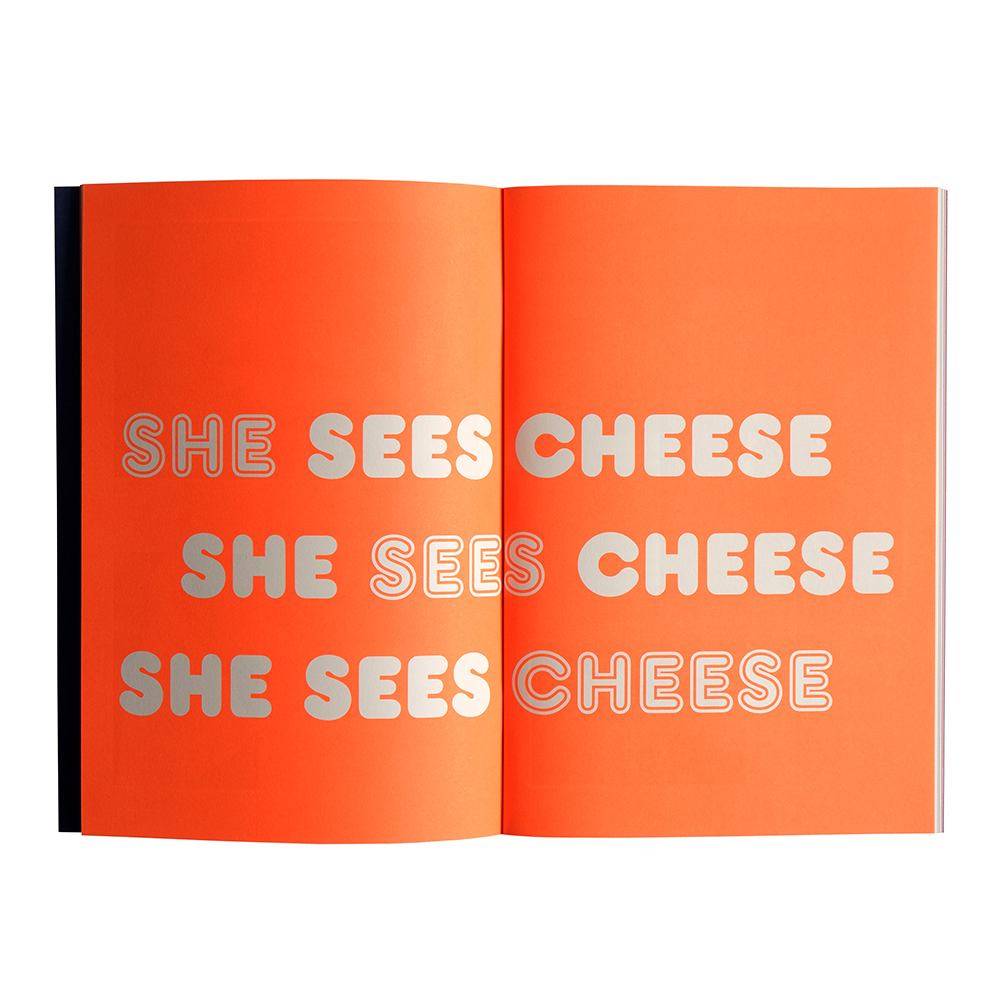 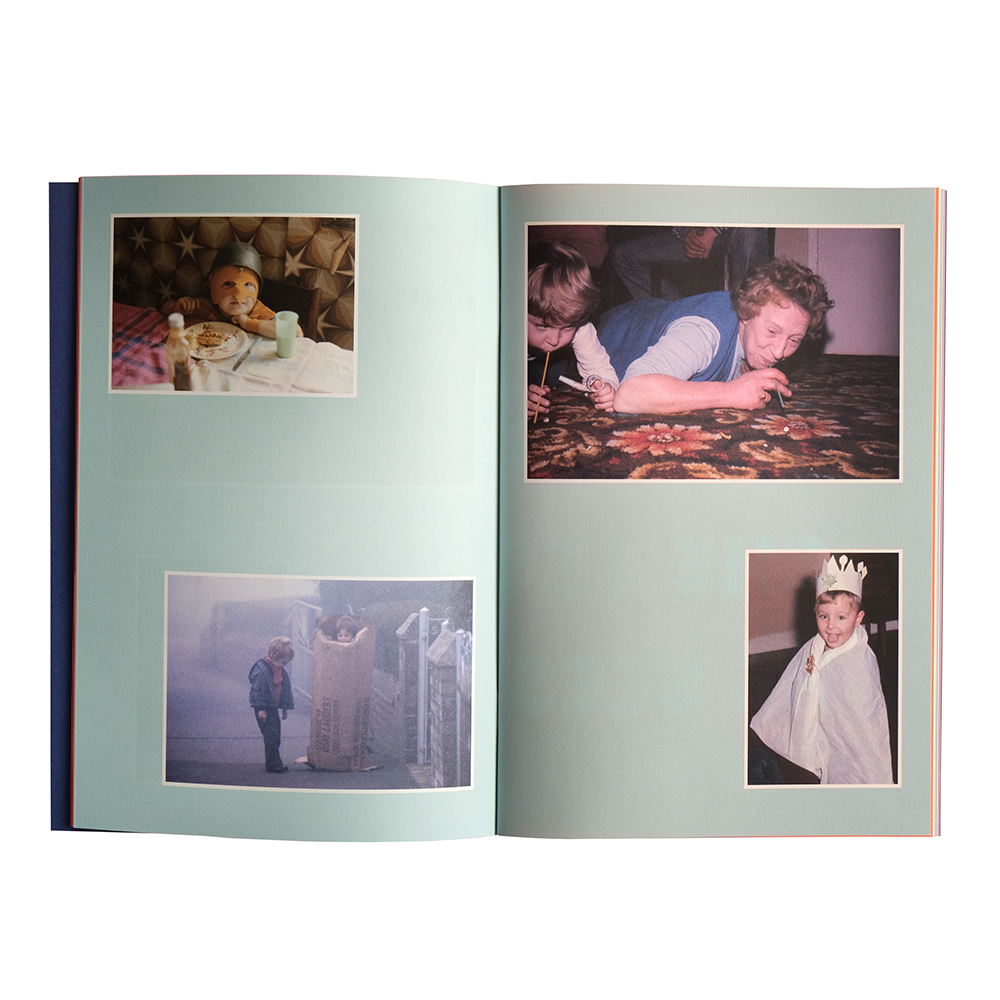 |
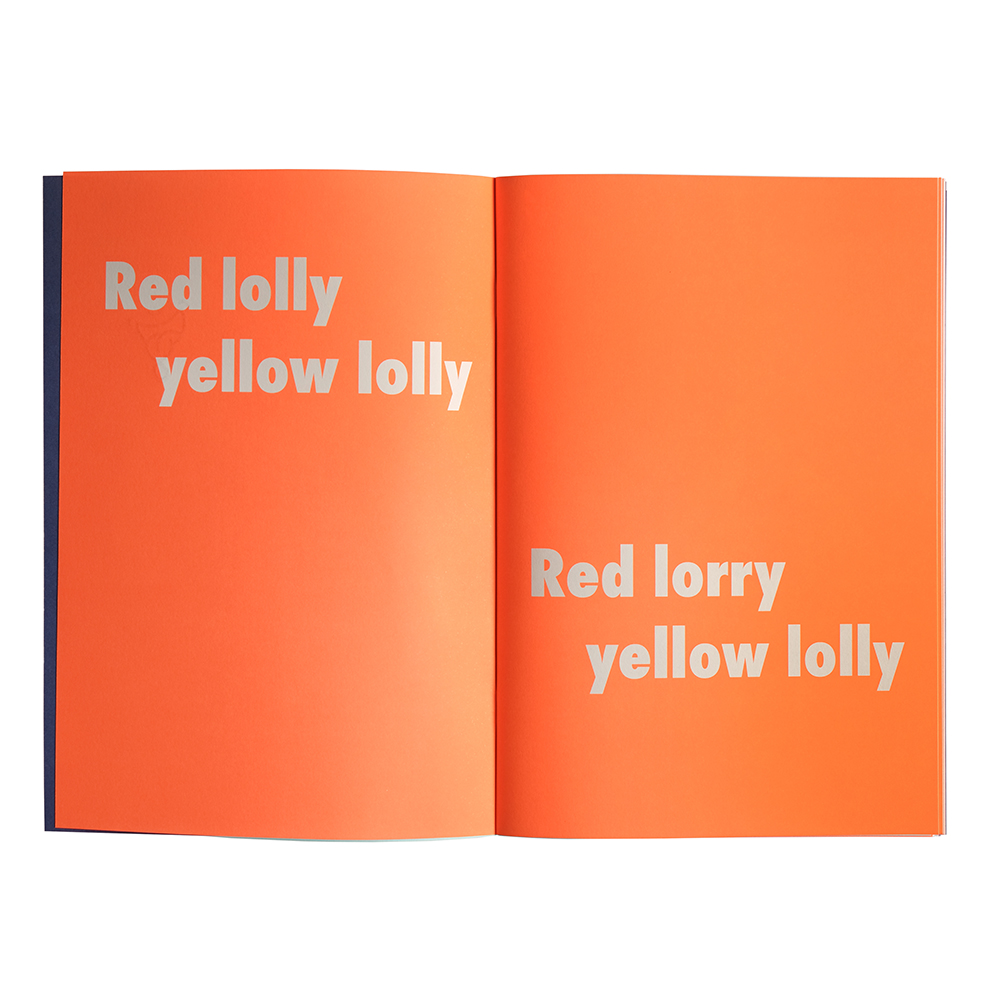 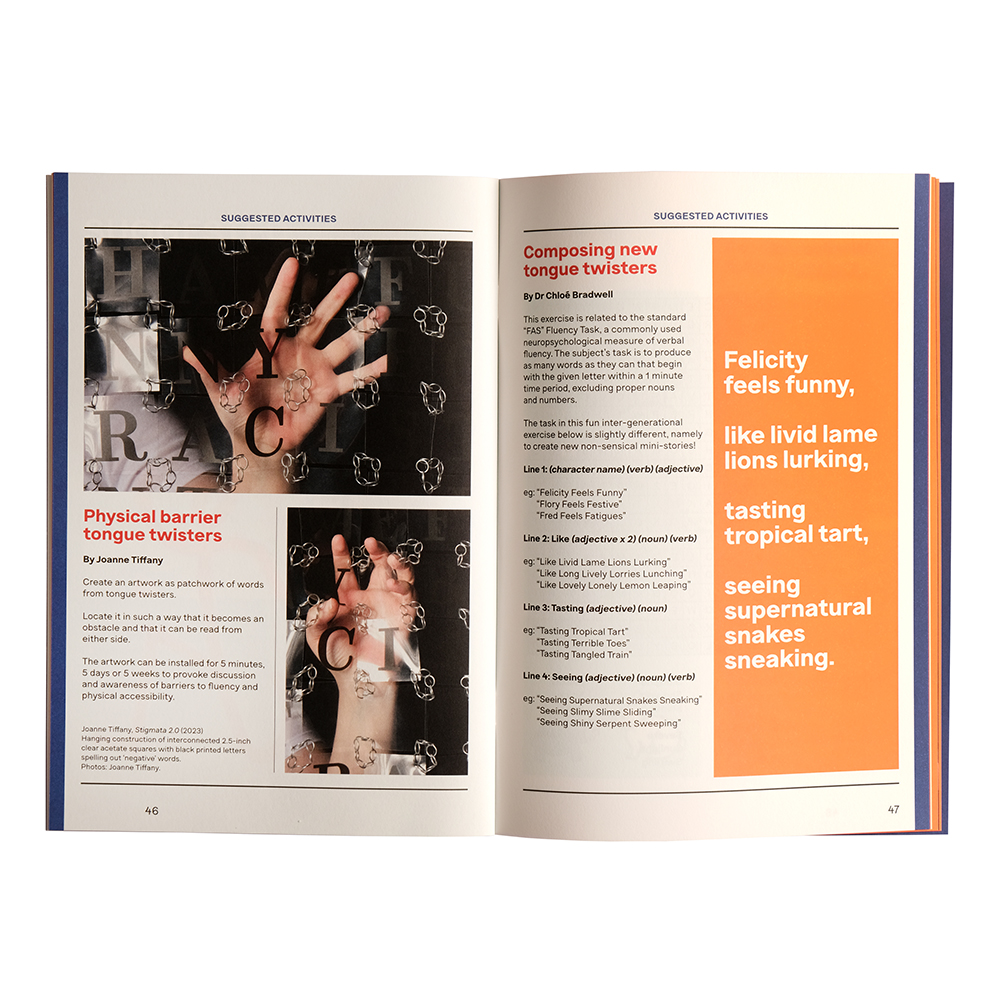 |
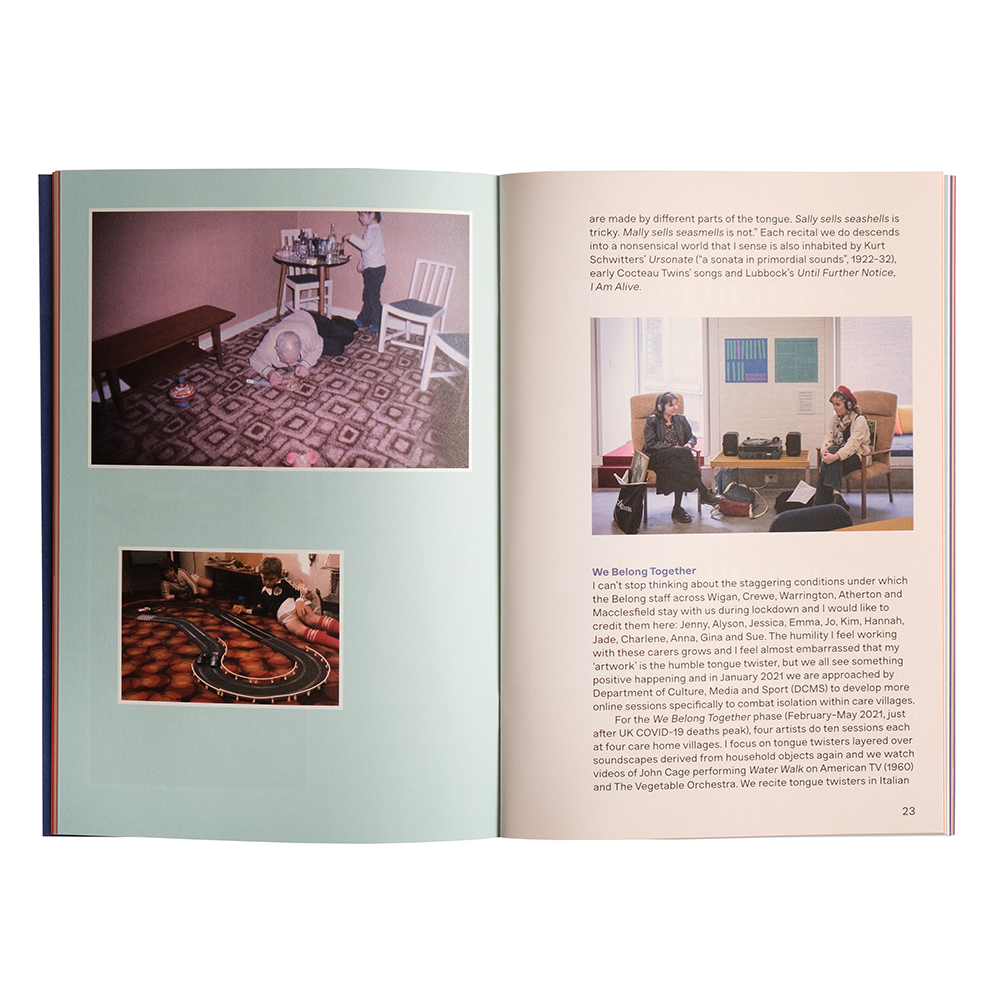 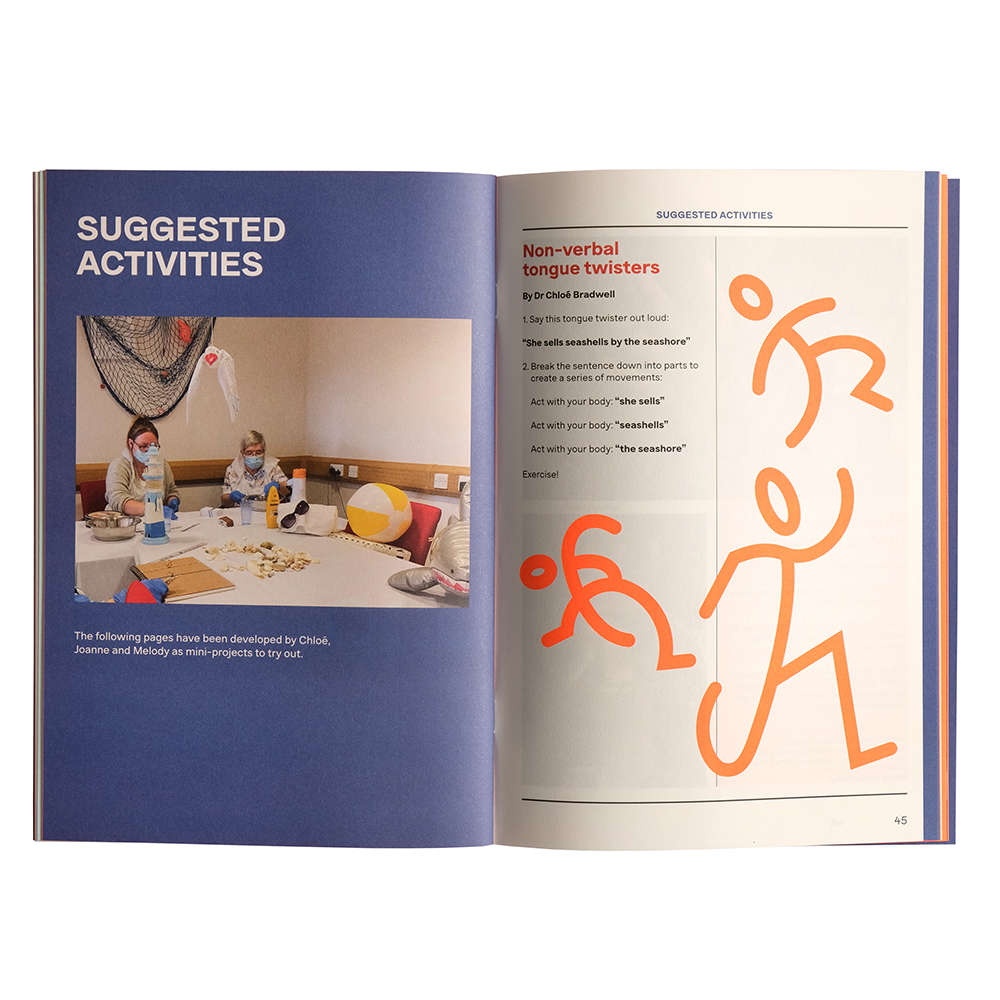 |
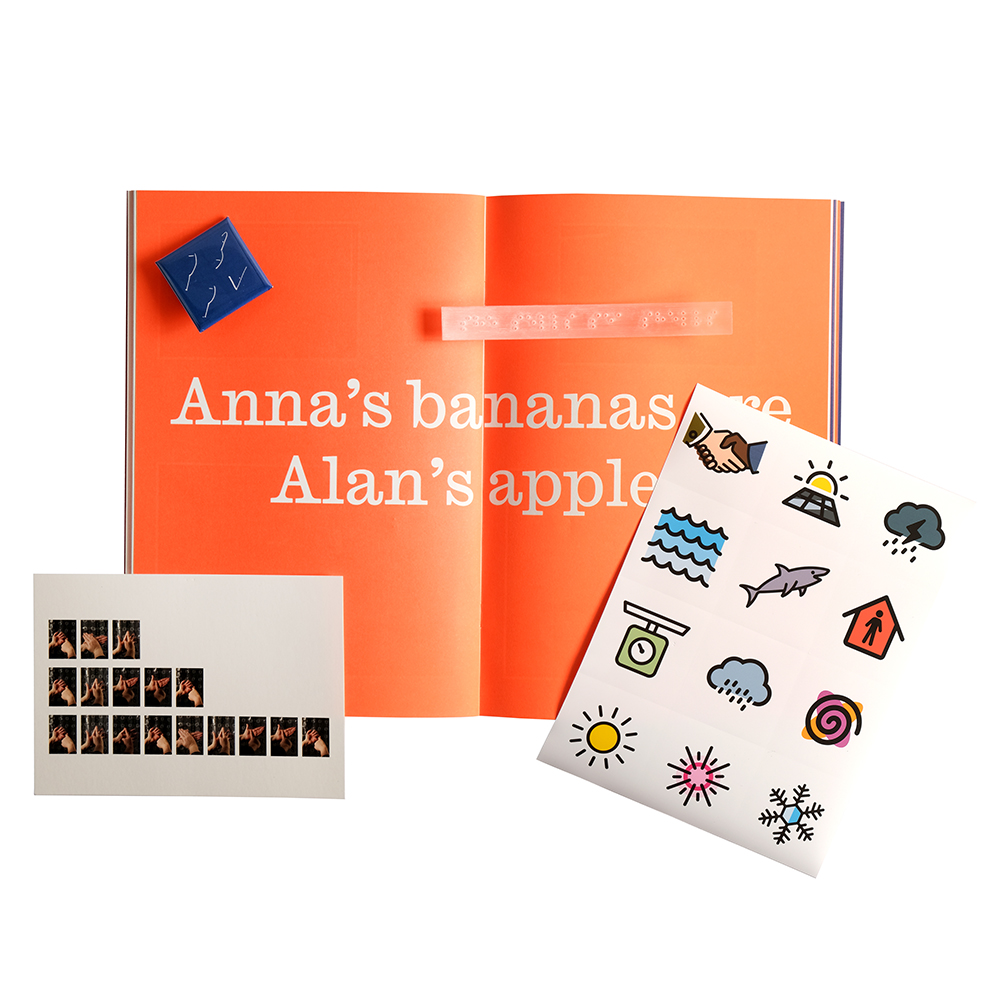 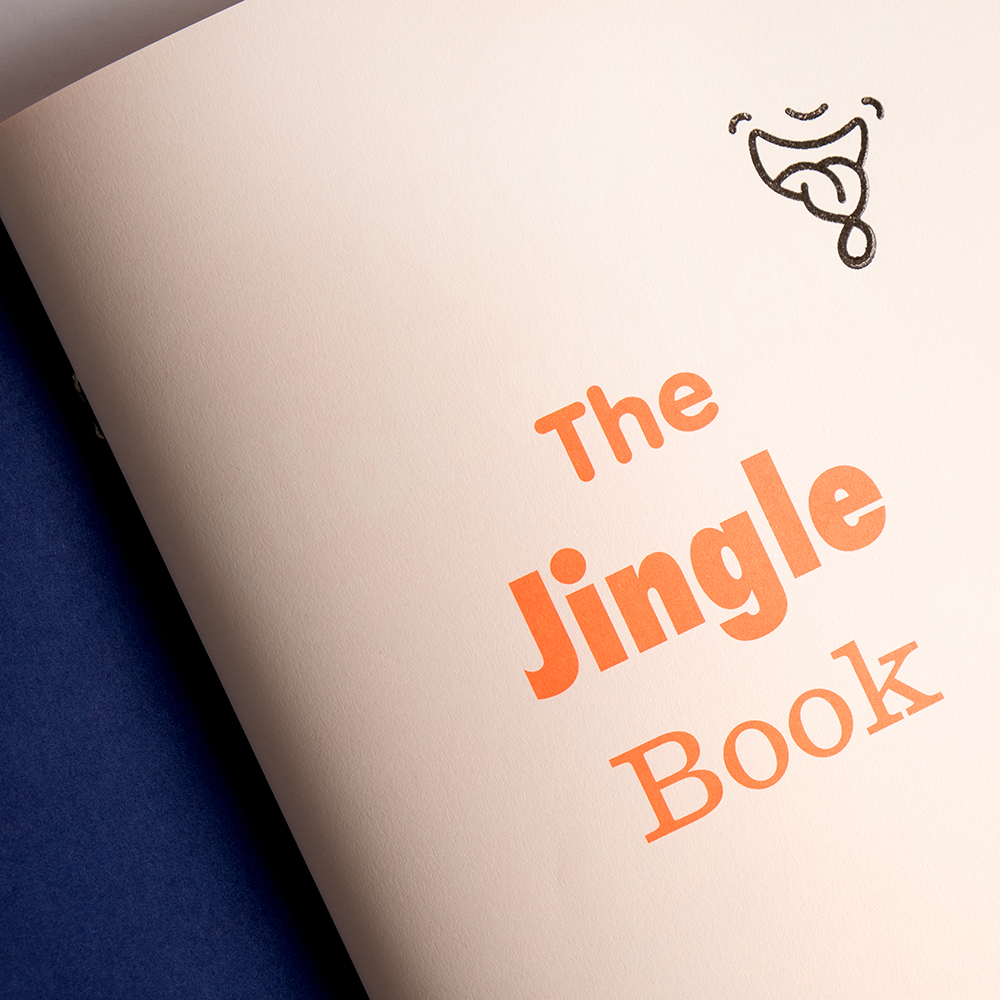 |
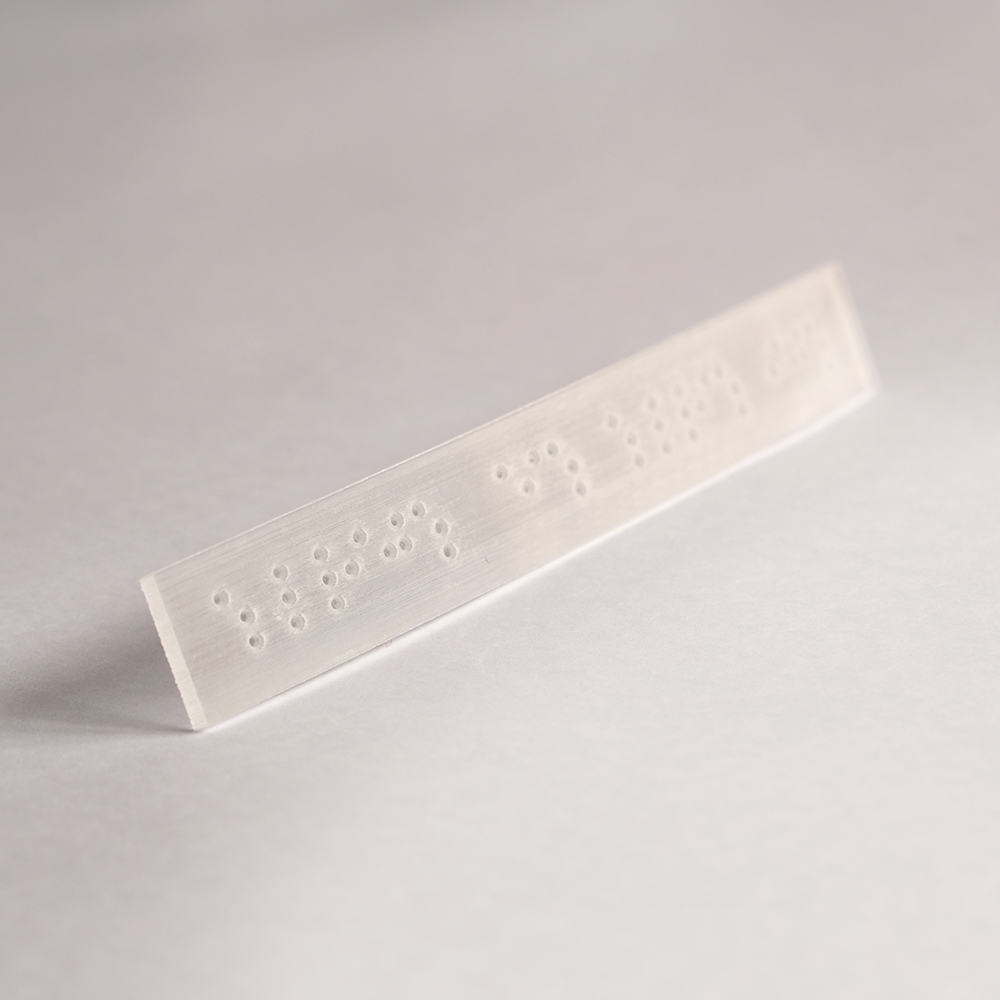 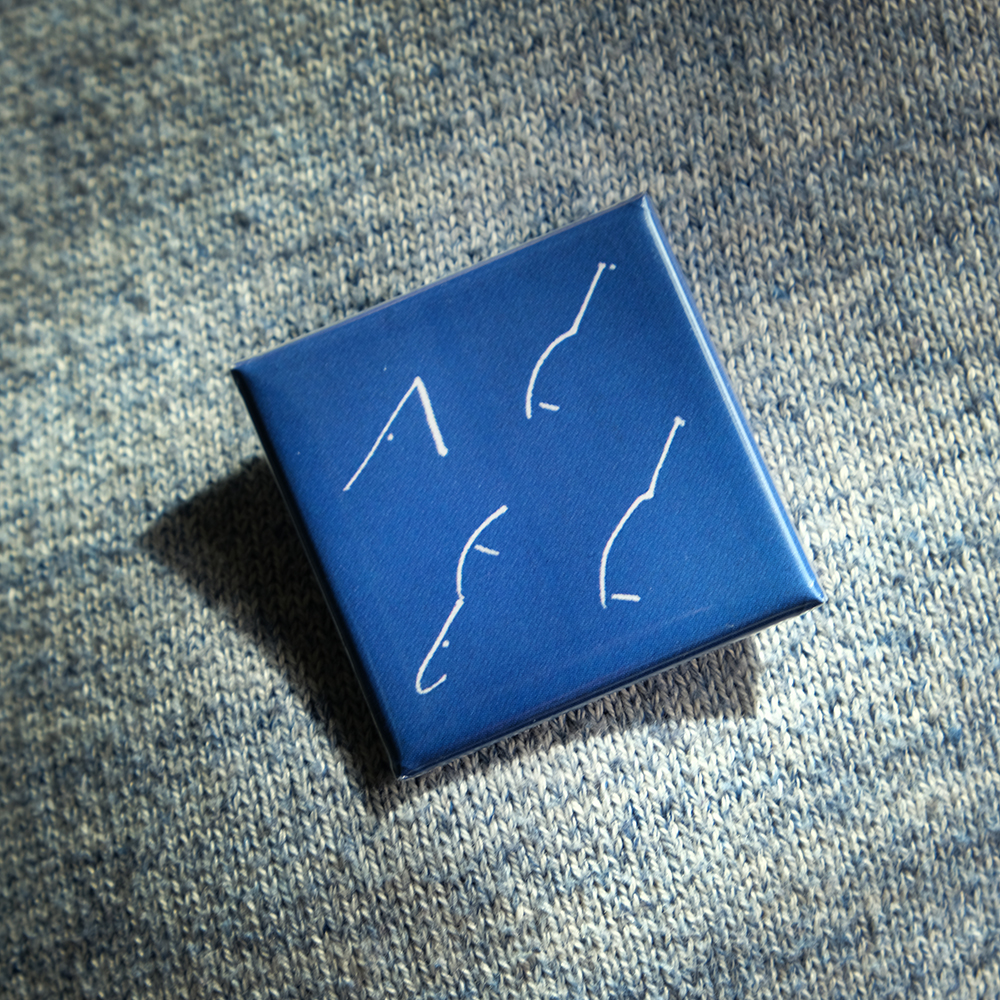 |
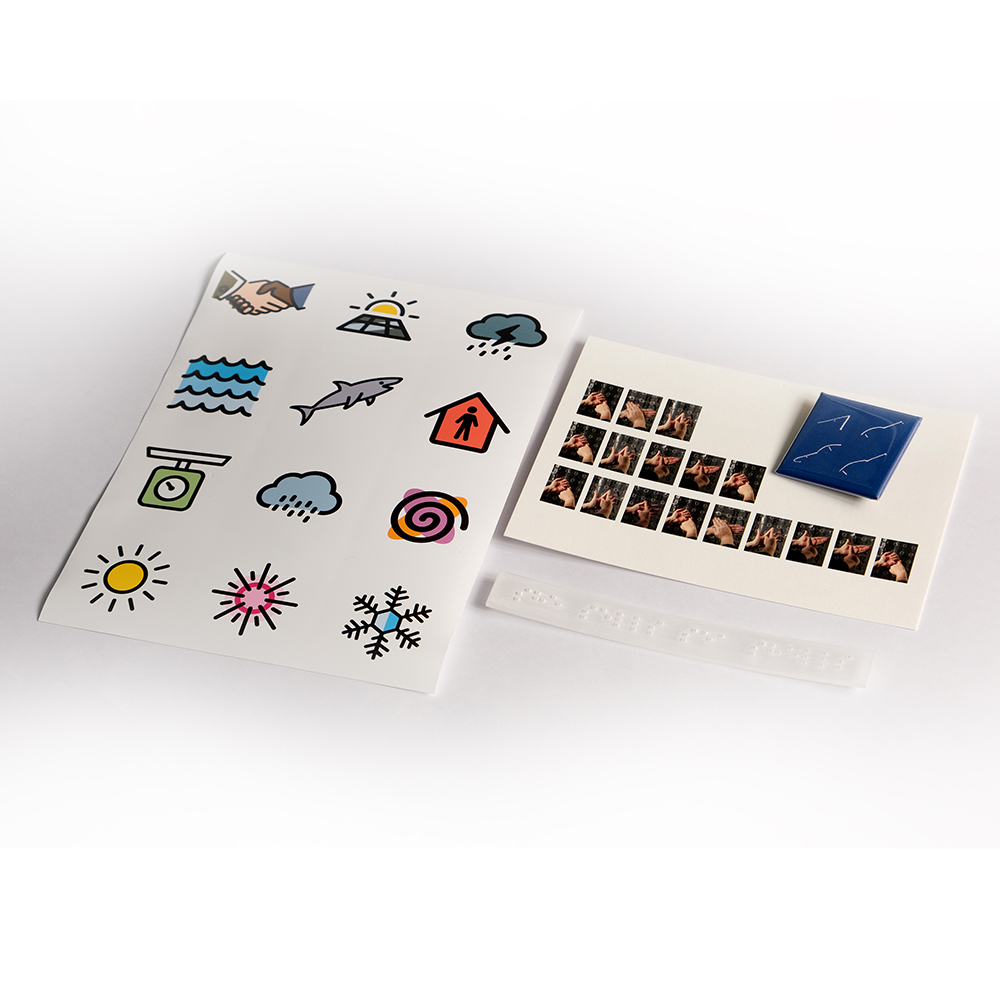  |

|